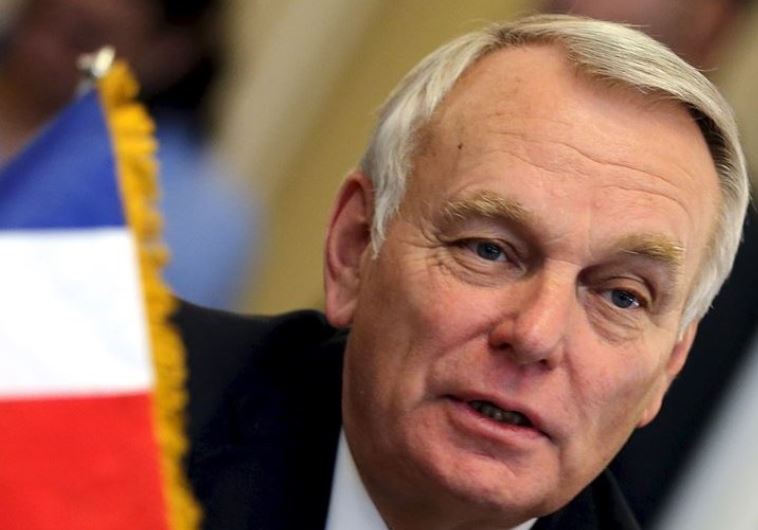EU on Monday to debate France’s plan to resolve Israeli-Palestinian conflict
The US has traditionally brokered all the past peace process in an attempt to reach a two-state solution to the Israeli-Palestinian conflict.
 French Foreign Minister Jean-Marc Ayrault(photo credit: MOHAMED ABD EL GHANY/REUTERS)Updated:
French Foreign Minister Jean-Marc Ayrault(photo credit: MOHAMED ABD EL GHANY/REUTERS)Updated: